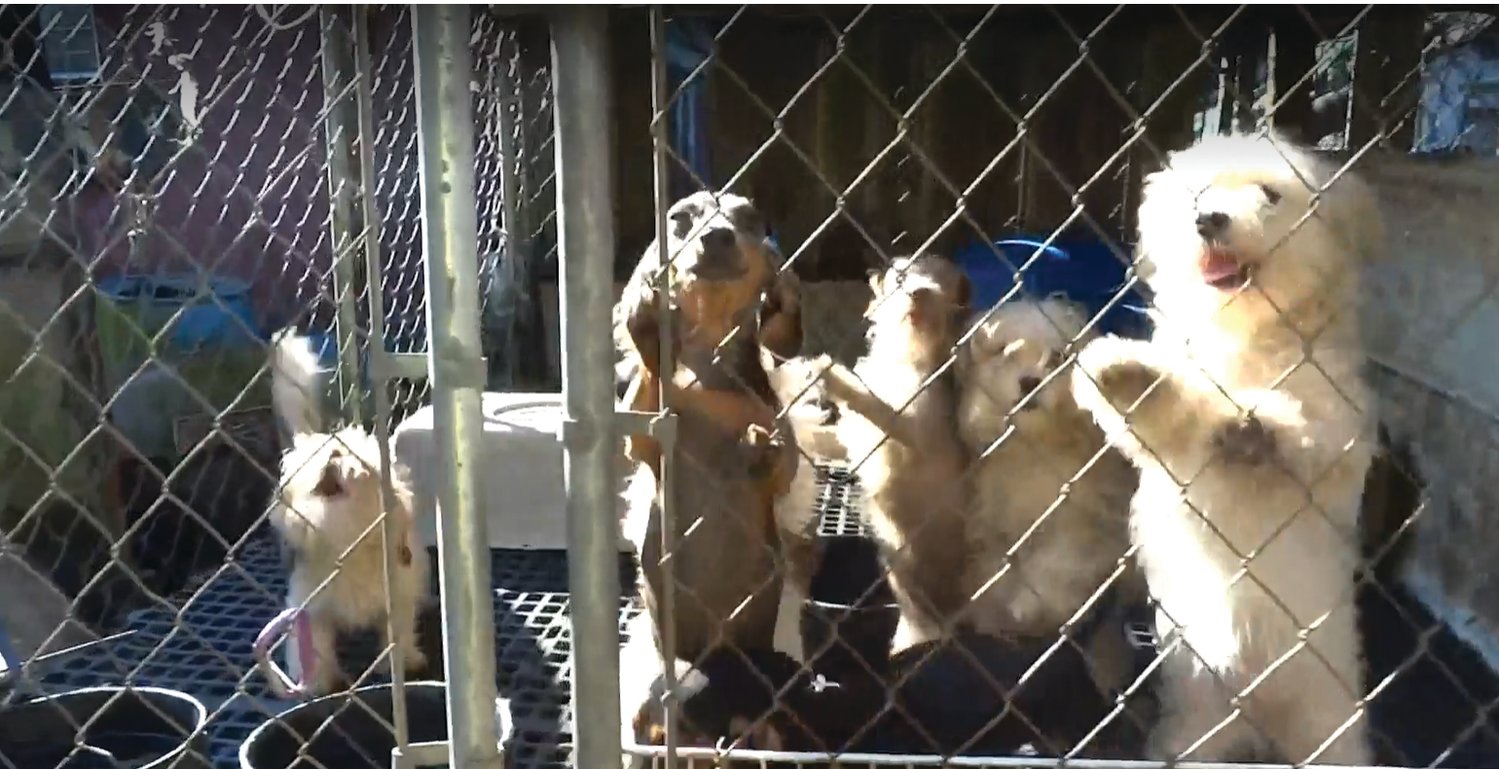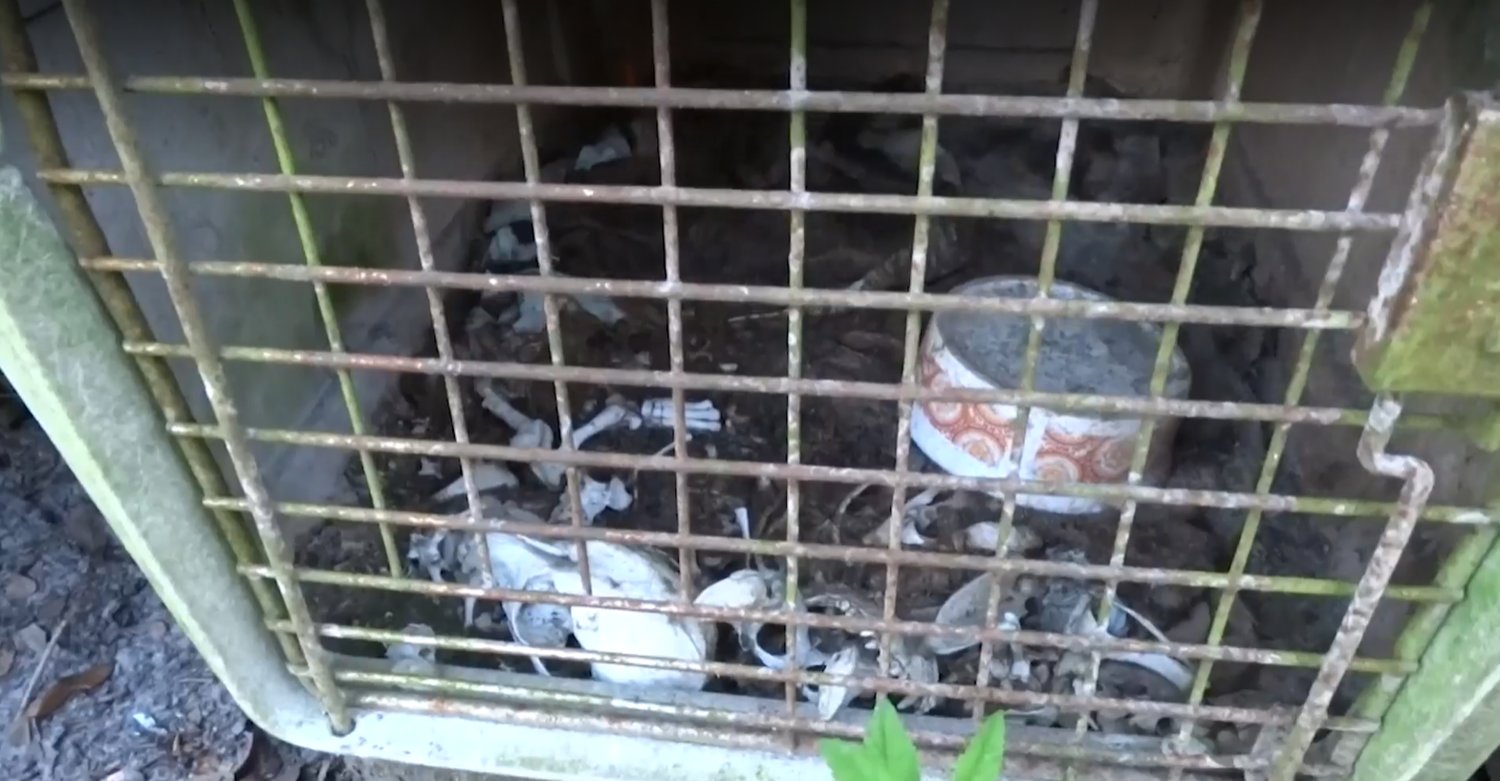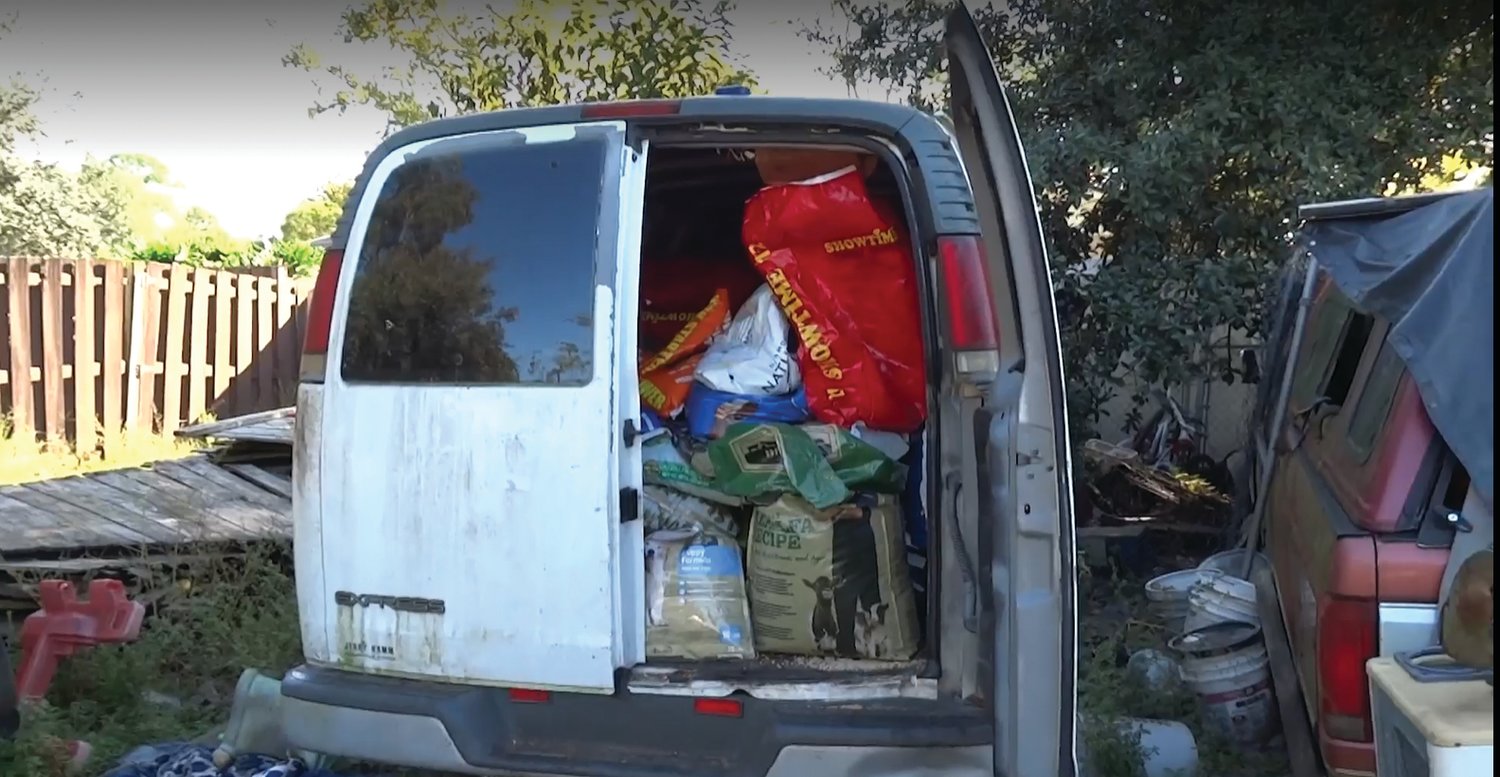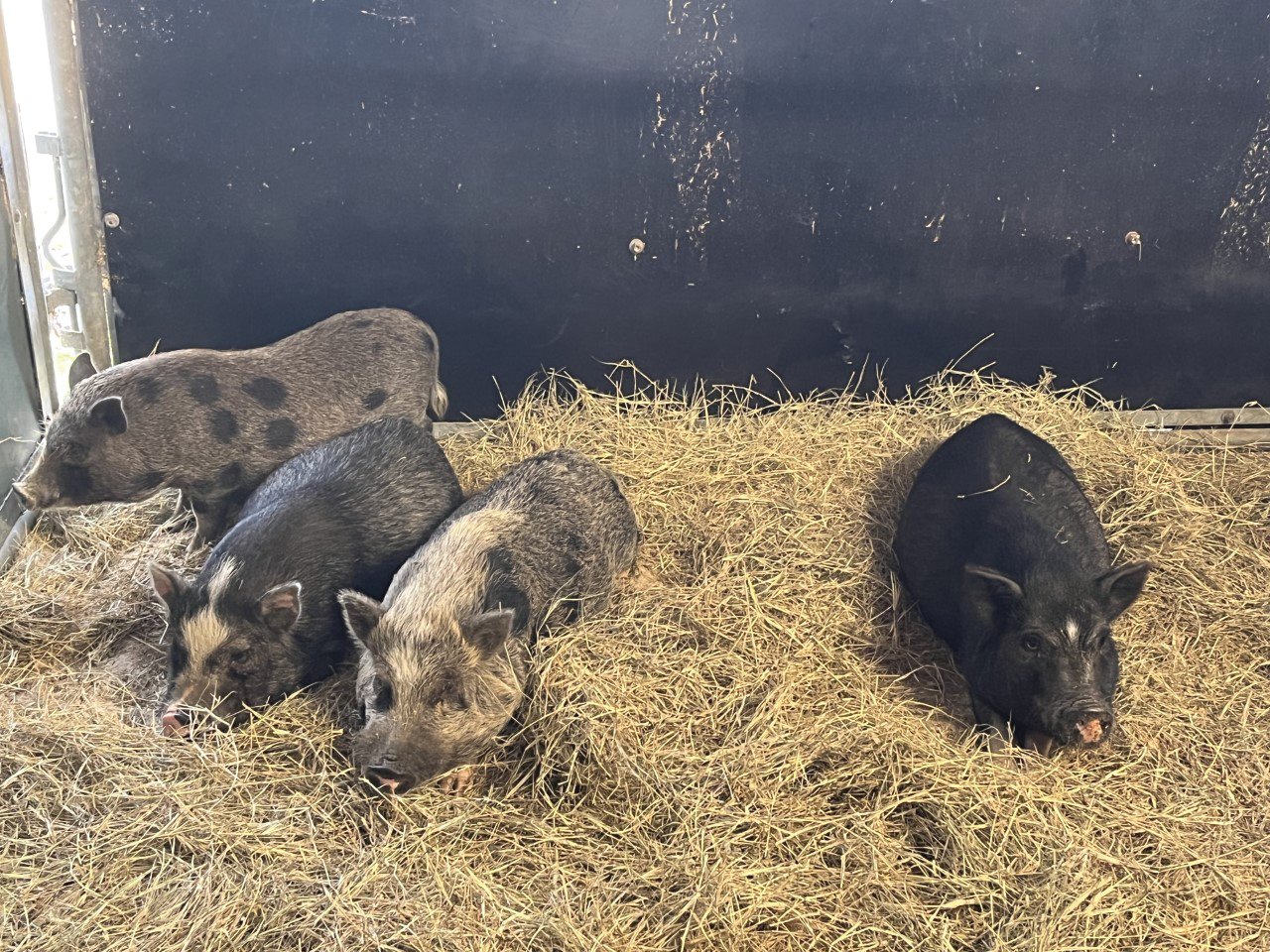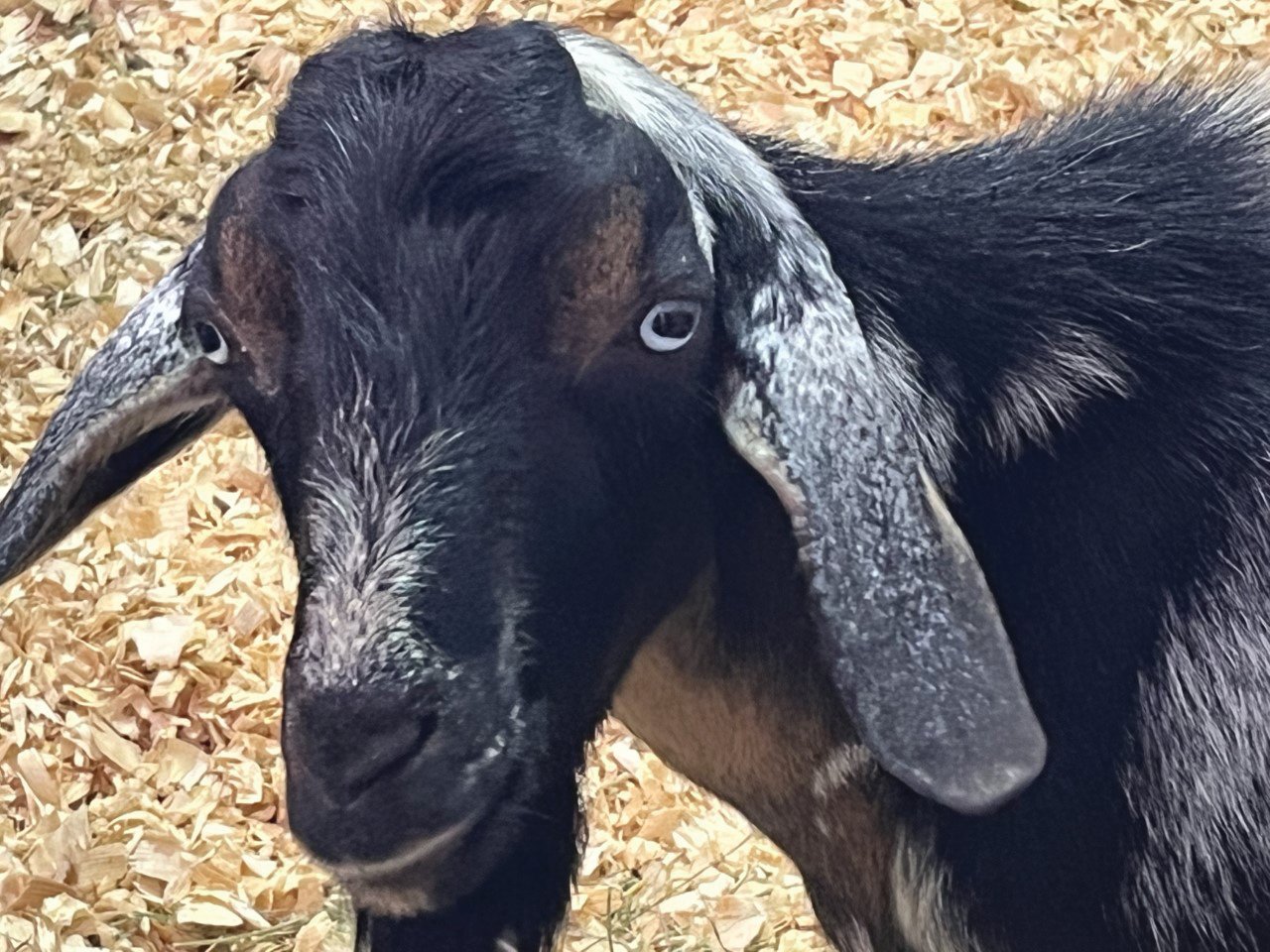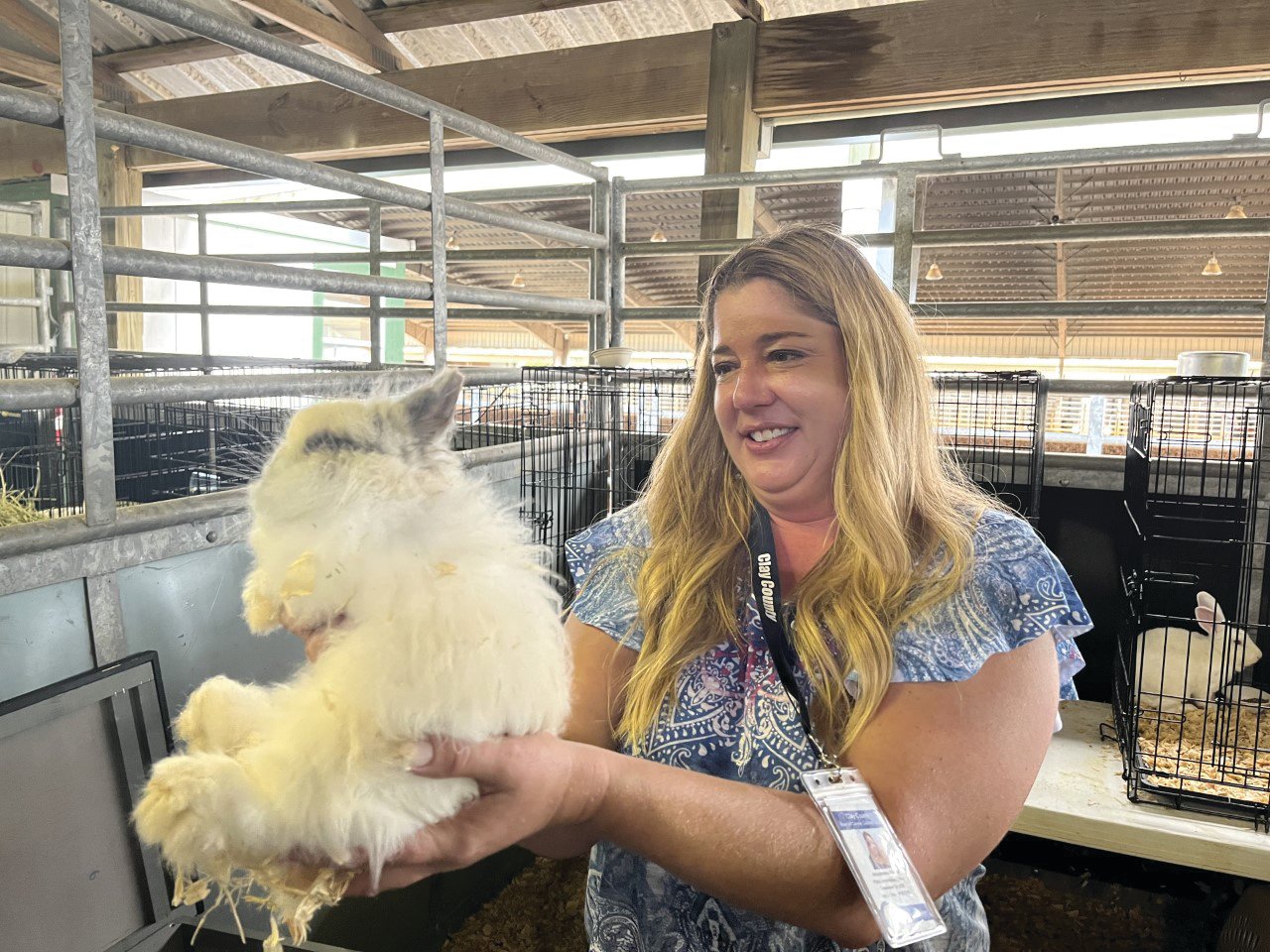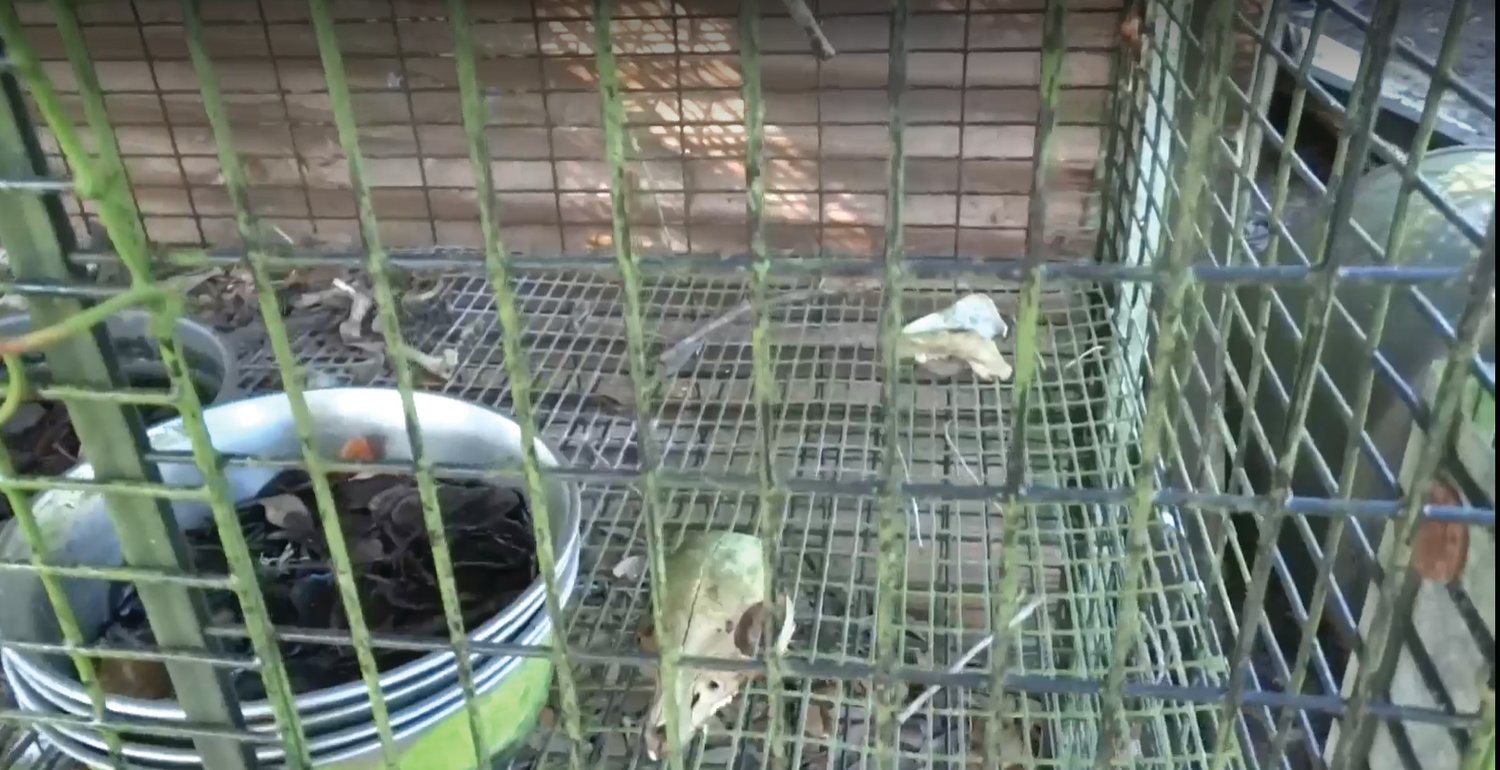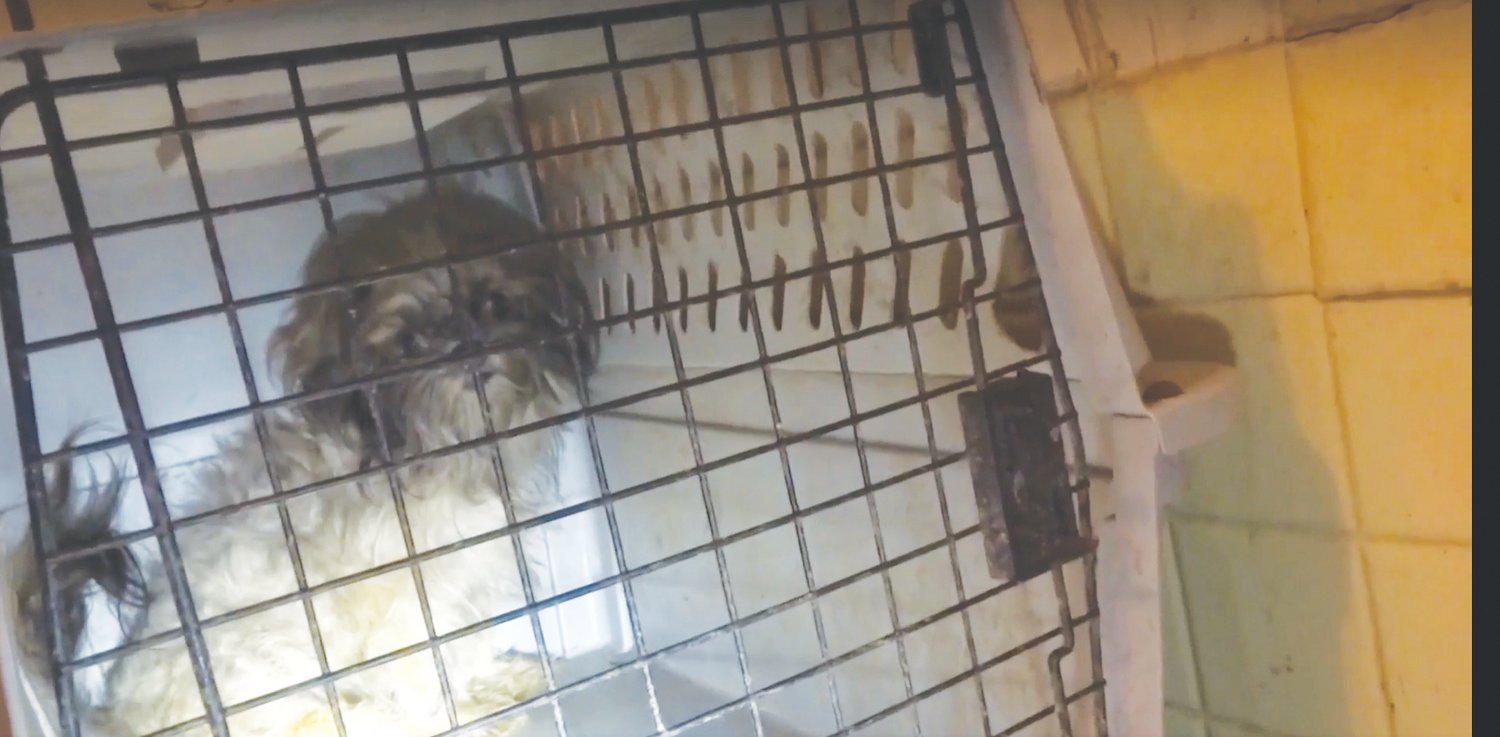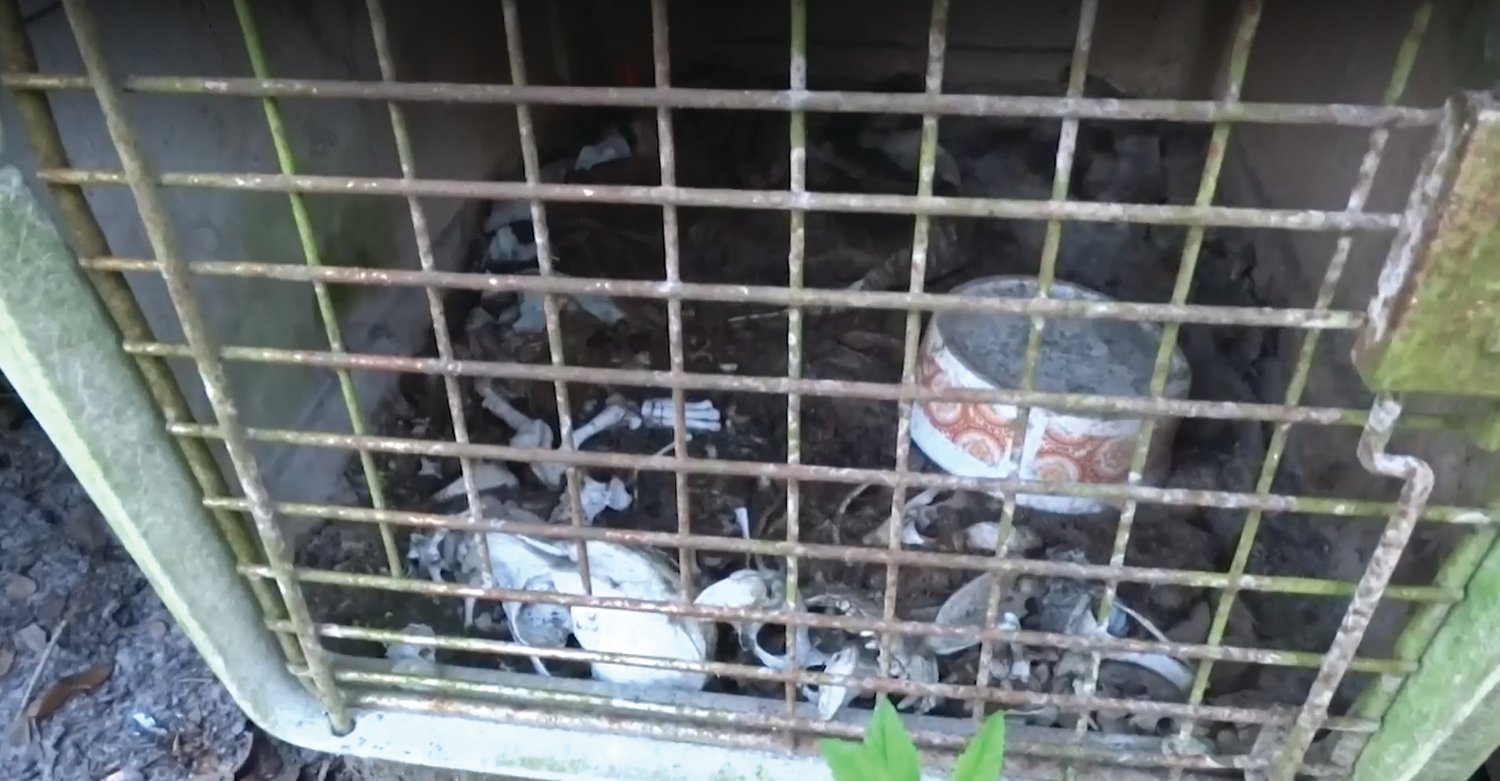Woman loses custody of 266 ‘mistreated’ animals
Jennifer Wilkie also ordered to pay costs, refrain from owning pets again
GREEN COVE SPRINGS – Saying the conditions at an Orange Park home was “hard to imagine,” a Clay County Judge stripped custody of 266 animals seized during a raid at her 1.29-acre property near …
This item is available in full to subscribers.
Attention subscribers
To continue reading, you will need to either log in to your subscriber account, or purchase a new subscription.
If you are a current print subscriber, you can set up a free website account and connect your subscription to it by clicking here.
If you are a digital subscriber with an active, online-only subscription then you already have an account here. Just reset your password if you've not yet logged in to your account on this new site.
Otherwise, click here to view your options for subscribing.
Please log in to continueDon't have an ID?Print subscribersIf you're a print subscriber, but do not yet have an online account, click here to create one. Non-subscribersClick here to see your options for subscribing. Single day passYou also have the option of purchasing 24 hours of access, for $1.00. Click here to purchase a single day pass. |
Woman loses custody of 266 ‘mistreated’ animals
Jennifer Wilkie also ordered to pay costs, refrain from owning pets again
GREEN COVE SPRINGS – Saying the conditions at an Orange Park home was “hard to imagine,” a Clay County Judge stripped custody of 266 animals seized during a raid at her 1.29-acre property near the Thrasher-Horne Center.
Judge Timothy R. Collins also ordered Jennifer Michelle Wilkie to reimburse the county for costs related to the capture and care of the animals and banned her from owning animals in the future.
“They clearly have been mistreated,” he said in county court on Oct. 21. “It’s hard to imagine. Lack of food; lack of water; lack of care.”
The county sued Wilkie after agents with the Clay County Sheriff’s Office, Clay County Fire and Rescue and Clay County Animal Services ascended on the dilapidated home and lot at 246 Old Jennings Road on Oct. 11. They found 104 dogs, 28 pigs, 72 chickens, six goats, two turtles, six pigeons, two quail, a duck and a goose. Most were being held in stacked cages, and few had access to clean water or food, three animal and environmental witnesses said.
They said the property was littered with feces, urine, rats, fleas and the skeletal remains of “at least a dozen dogs,” according to Dr. Christian Broadhurst, the senior staff veterinarian with the Clay County Humane Society Animal Clinic.
When asked by County Attorney Courtney Grimm if the animals had been mistreated, Broadhurst quickly said, “Yes, they were.”
Wilkie was served a summons to appear in court on Oct. 13. Neither she nor the attorneys representing her responded by appearing in court. Added with the overwhelming, and often disturbing evidence of filth and neglect, Collins’ ruling came quickly and decisively.
According to John Ward, the director of the county’s emergency management division, said the county had incurred more than $70,000 in expenses in the rescue and subsequent housing and care being provided at the Clay County Agriculture Fairgrounds. He also said it probably will be a month before the animals will be ready for adoption.
Wilkie has 15 days to appeal the ruling, Collins said. As of Oct. 27, she had not responded to the ruling.
Broadhurst documented the conditions during the raid by recording a 24-minute, 37-second video of the home’s interior and the surrounding grounds. The conditions were so disgusting, Collins often winced. He also asked if people were living inside the home. The answer was yes, including children who were taken by the Florida Department of Children and Families.
Broadhurst also provided a written summary of his review.
“The vast majority of the animals had little to no access to clean food or water and could not escape their urine and fecal contaminated housing,” he wrote. “The skeletal remains of various species were found on property including scattered across the grounds, in closed kennels, and with live animals. There was extensive evidence of insect and rodent activity on the property including rat feces in water containers in nearly all kennels and contamination of food storage in various sites on the property.
“The conditions on scene were dangerous and unacceptable for human beings and animals alike. The large amount of exposed feed, trash, feces, and evidence of deceased animals on the property caused a dramatic influx of vermin, primarily flies and rodents, to the property. The stagnant, muddy water on the ground under many kennels combined with rodent activity makes the likelihood of zoonotic diseases [diseases transmittable from animals to humans] like leptospirosis a serious concern.”
Broadhurst also warned the conditions could result in human diseases.
“The flies around the property feeding, reproducing, and pupating on the rotting feed, dead animals, and fecal material are more than capable of transmitting pathogenic bacteria to both humans and animals,” he wrote. “The large number of animals present on the property and the paucity of records suggest that animal. vaccination is inadequate or the vaccines are over-the-counter home administered at best, leaving | the populations on the property at risk for infectious disease outbreaks like canine infectious respiratory, disease complex, parvovirus, and distemper.”
Meanwhile, volunteers and county inmates, have been busy cleaning, feeding and caring for the animals. None that were rescued have died since arriving at the fairgrounds, Ward said.
Ward also said the county was so responsive to donating food, toys, blankets and leashes, the county no longer needs any more items.
“Even though they came from such a rough, bad situation, most of them were in pretty good spirits once we were able to get them out of their carriers, start interacting with them,” said volunteer Morgan Grove. “There are a lot of happy animals here.”
Broadhurst also said he’s still concerned, even after the animals were rescued.
“Offenders in hoarding situations need help, and these animals don’t deserve to return to suffer and die of neglect,” he said.


